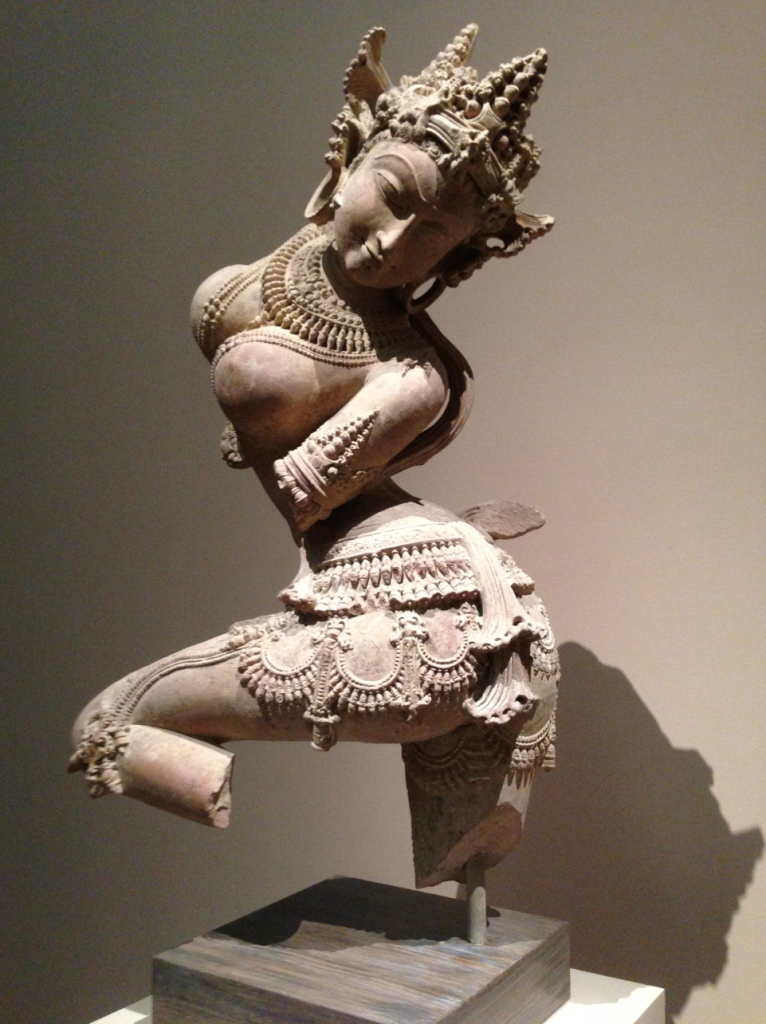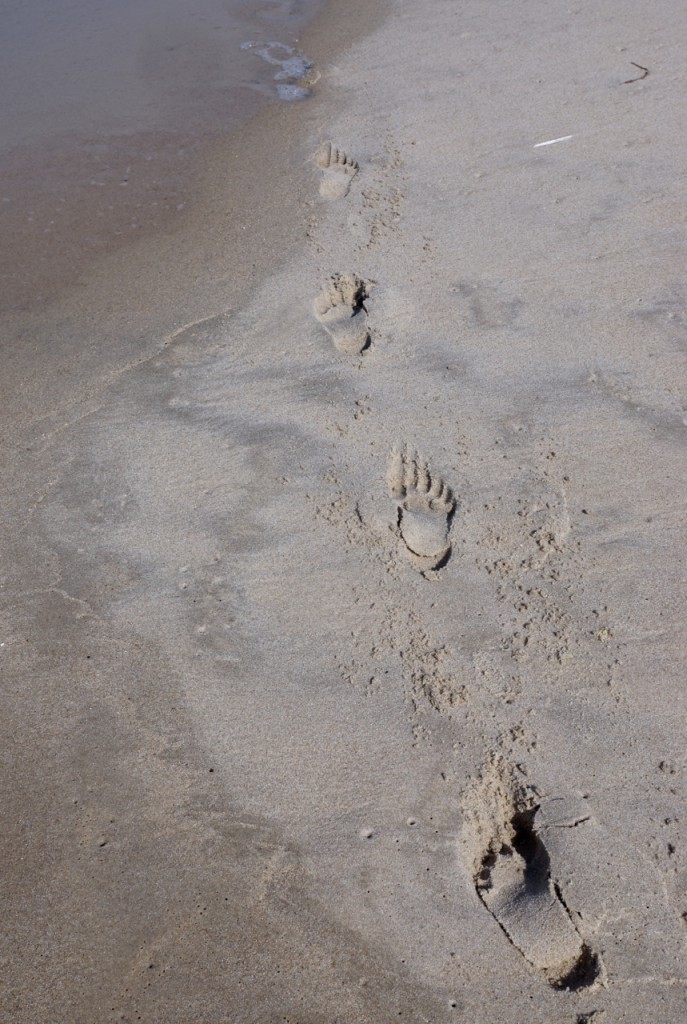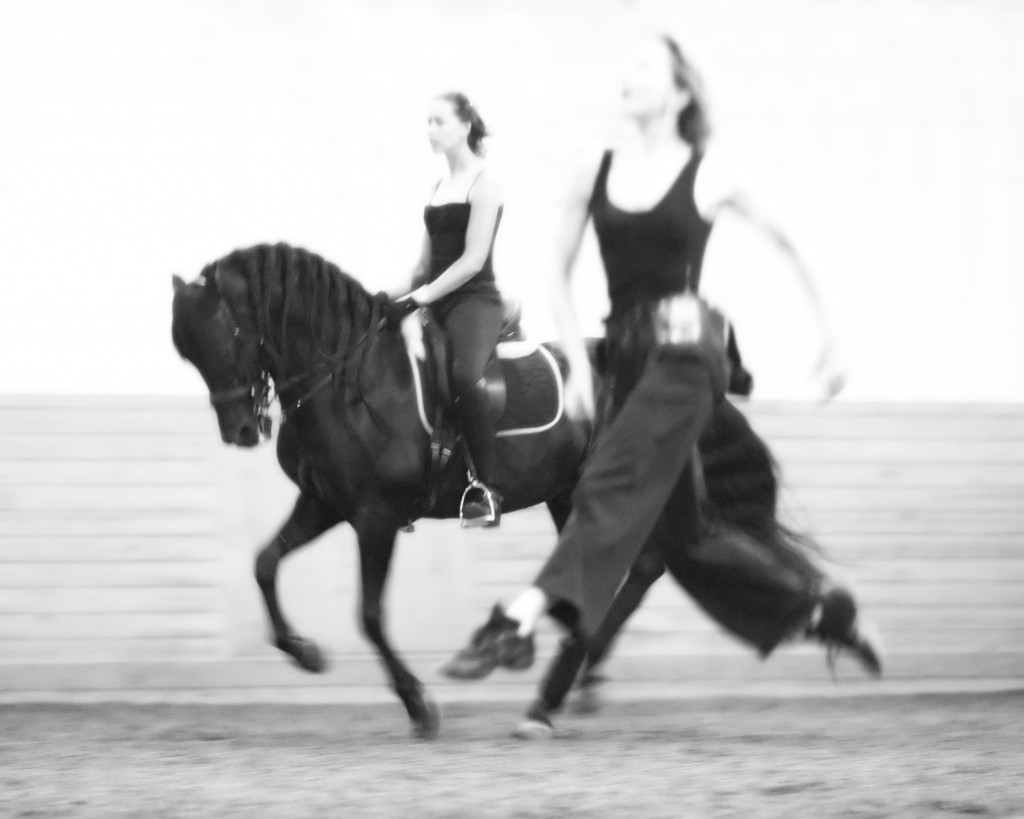I read this story in the New Yorker about the street dancer Storyboard P with interest. The same week, I visited the Metropolitan Museum of Art in NYC and was drawn to this ancient dancer. A week later, I performed my new solo – The Traveler (Moth to the flame) – at the APAP Booking Dance showcase at Jazz at Lincoln Center.
All of this has me thinking about why I/we dance, and where these dances come from. About intention, inspiration, improvisation as a political act, and improvisation as passionate gesture. About the body and what it desires, what it demands, where it takes us and how often we do not go along for the ride. About rhythm, stillness and listening. About finding and losing oneself in the movement and the moment.
There was one moment in my performance where I forgot where I was going. It was an interesting, rich moment – a kind of time-space hiatus. I wasn’t worried, more curious and astonished by both the emptiness and the possibilities. Then the movement I had rehearsed pushed through, but it was somehow different, re-infused and invigorated by that momentary hush. I am building work differently now – more intuitively and at the same time the process feels canny, knowing. Throughout, I focus on getting lost to find it.
At APAP I shared a dressing room with the brilliant Claire Porter, and two beautiful French men – Manuel Vignoulle and Isaies Santamaria Perez. At one point Isaies said, “I only want to dance.” Me too. Well, I also want to write and ride, but the dancing is first. It is the hardest, wildest place. It is where I can get lost and found, over and over again.
Here is another seeker.




